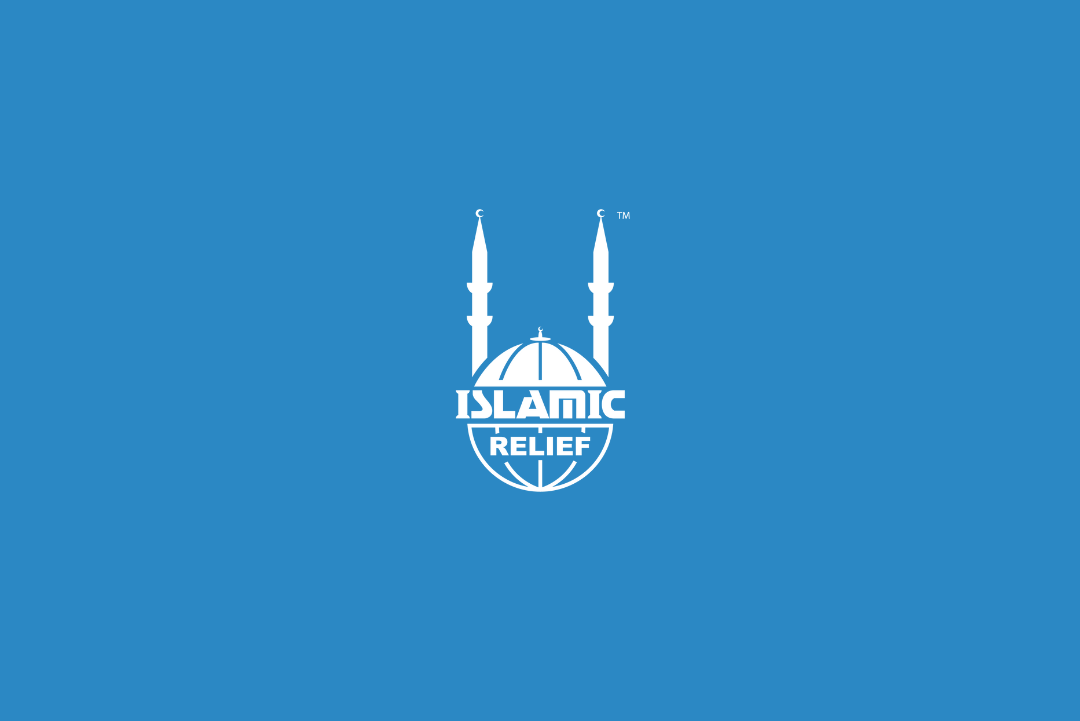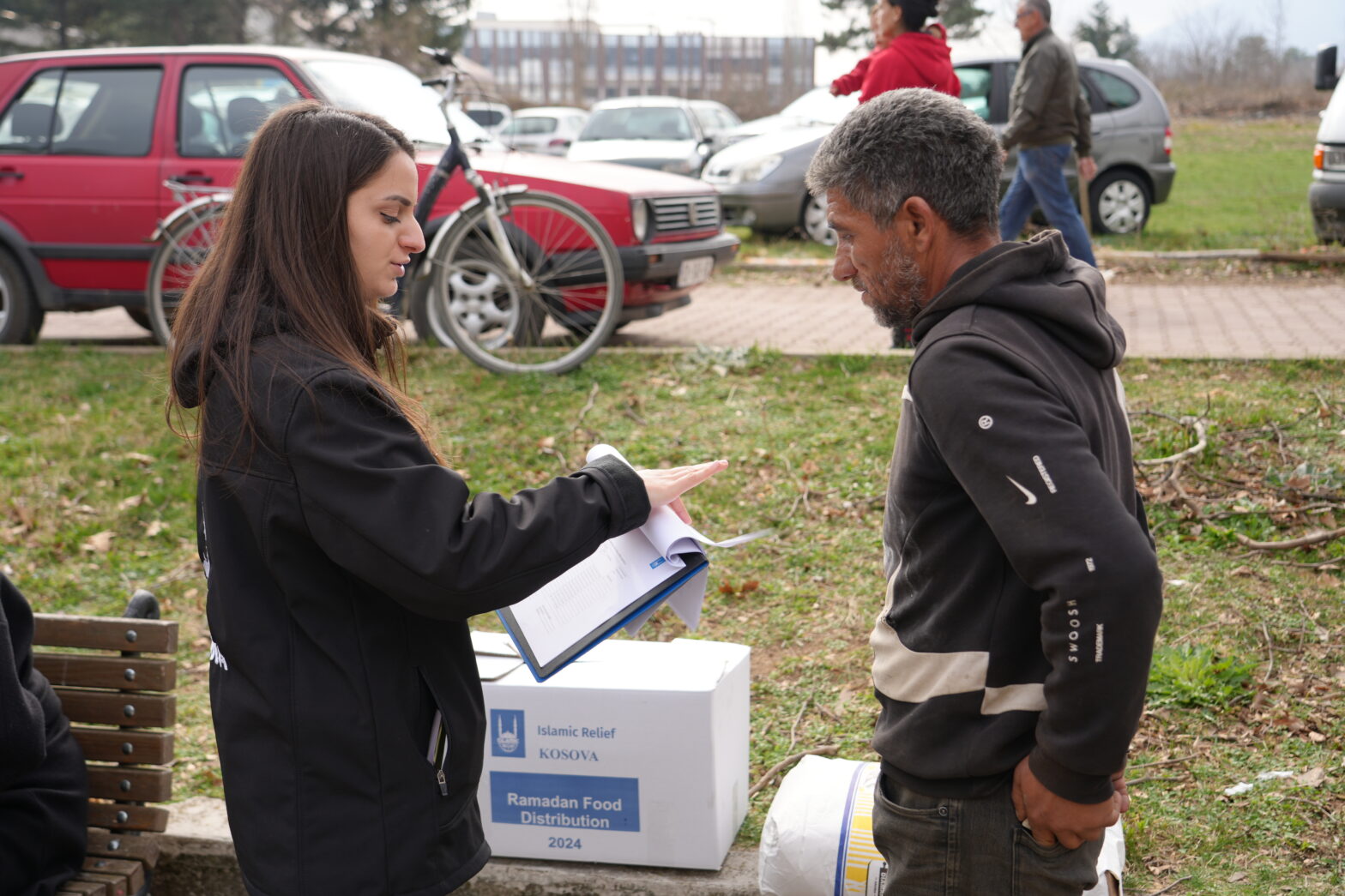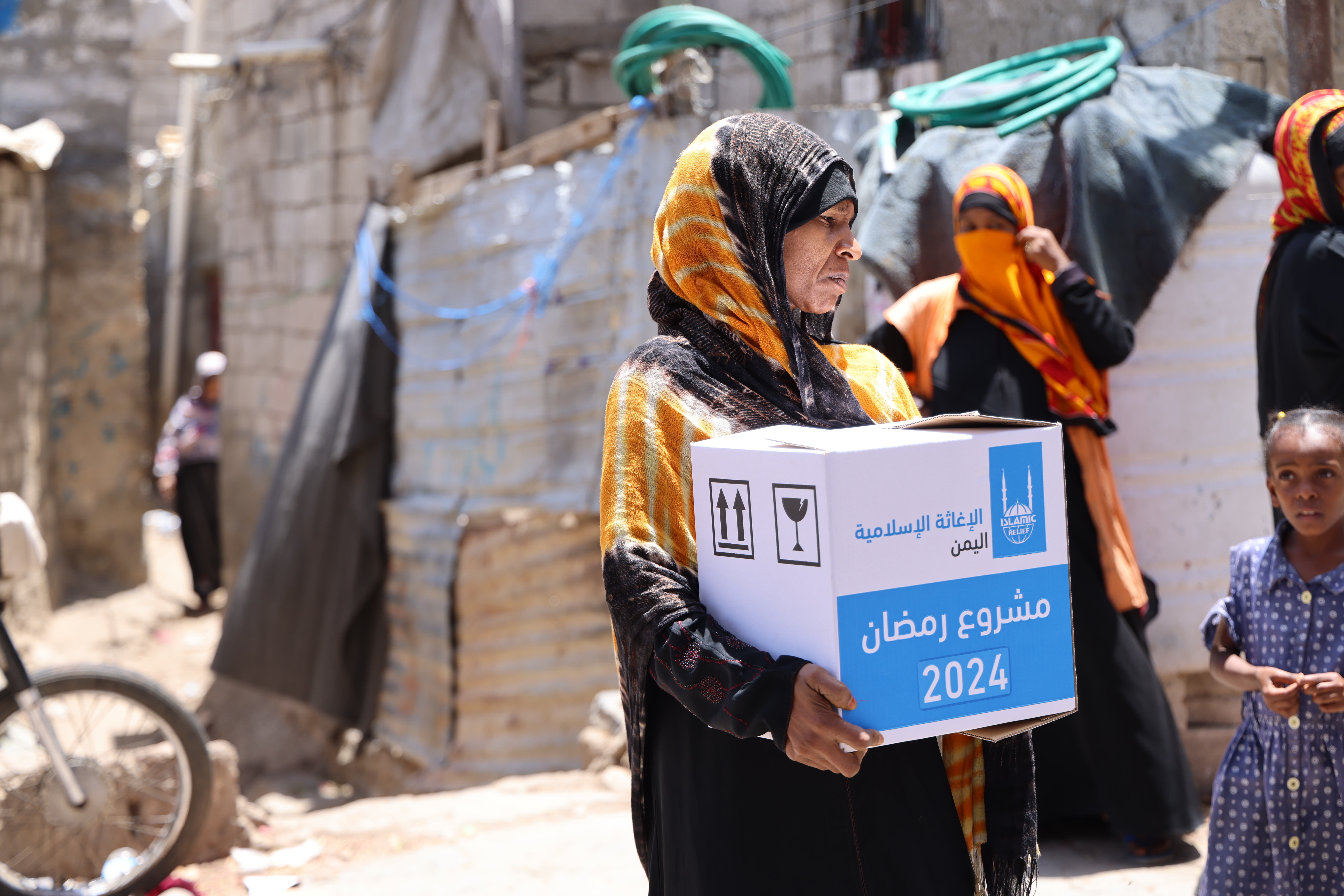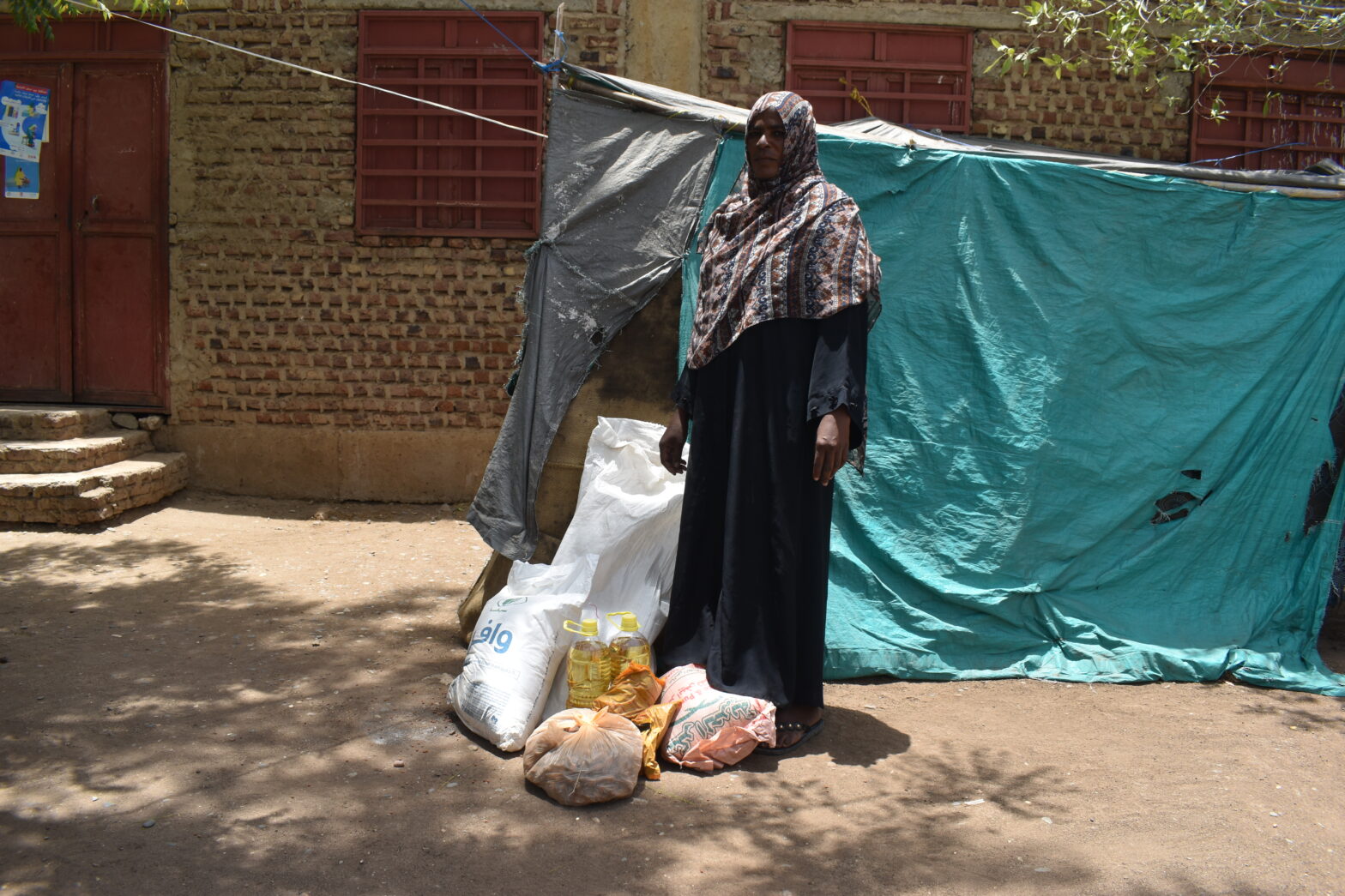One month of Israel’s total closure of Gaza is pushing the territory back towards famine, Islamic Relief warns. The hunger crisis is growing more desperate every day, as Israel steps up efforts to make Gaza unliveable by shutting off aid, destroying infrastructure and intensifying deadly attacks on civilians.
Palestinians in Gaza are being systematically starved. Food is rotting on trucks that are prevented from reaching malnourished children just a few miles away, and vital medicine for sick patients is expiring while blocked at the border. Yesterday all bakeries in Gaza had to close as they ran out of flour and cooking gas.
Since 2 March, Israel has completely shut all crossings into the territory, preventing any humanitarian or commercial supplies from entering, including food, medicine and fuel.
Doctors report that malnutrition is now rising again among children, and hundreds of thousands of people are facing critical food shortages as supplies run out. Denying people aid and using starvation as a weapon of war is a clear and inhumane violation of international law.
Since the closure, Islamic Relief staff and partners have managed to keep distributing daily food and hot meals to thousands of families, using supplies already within Gaza. But the quantities are decreasing every day and it is getting harder to keep going as many items are running out.
The Israeli military is also further intensifying attacks on civilians, with dozens of people killed in bombing over Eid al Fitr, including young children and pregnant women. Hundreds of thousands of people have once again been ordered to leave their homes in the north and south of Gaza – forcing elderly people, young children, sick patients and people with disabilities to walk miles in search of shelter. Yet nowhere is safe as bombs continue to rain down on shelters, health clinics and densely populated areas.
International governments, especially Israel’s allies, must urgently demand that Israel allows aid and vital supplies into Gaza, and ends all attacks on civilians.







